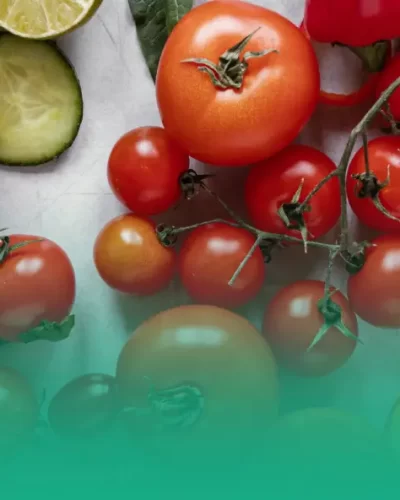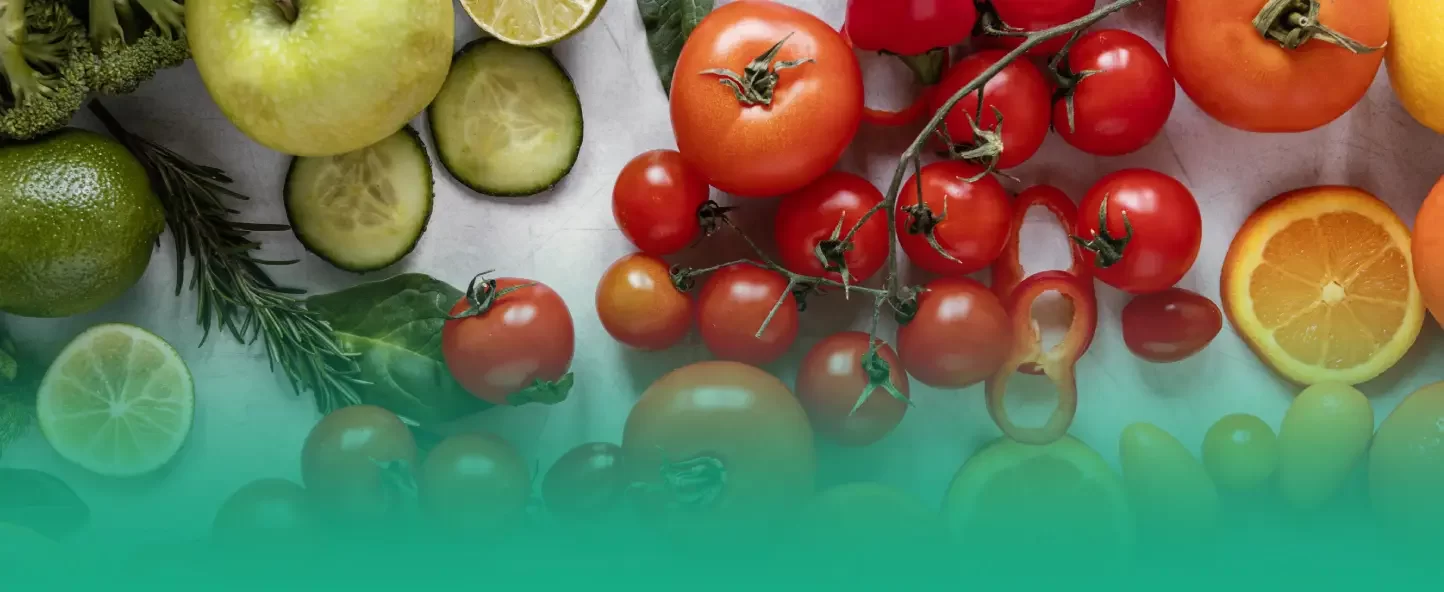Myth: Fruits and vegetables don’t need to be washed
Many people believe that if you only eat the inside of a fruit (such as a banana or melon), then there is no need to wash it.
However, bacteria such as Listeria, E. coli and Salmonella may be present on the surface of the fruit. They may also contain pesticide residues that may pose a risk to human health. Therefore, it is important to wash vegetables and fruits, even if you do not intend to eat their skins.
Visual inspection cannot always guarantee the purity of products. The absence of visible dirt does not mean that they are free of harmful bacteria.
Eight tips for washing fruits and vegetables:
- Wash vegetables and fruits under running water;
- Do not use soap or dish detergent;
- Wash produce before peeling it;
- Use a brush or sponge to clean vegetables;
- Dry food before placing it in the refrigerator;
- Store perishable foods in a cool place;
- Use separate cutting boards for vegetables and meat;
- Store vegetables and fruits in separate containers.
Myth: Dried fruits don’t need to be washed
Dried fruit bought at the market can be contaminated with germs and fungi, and industrial dried fruit often contains sulfur dioxide, which can be dangerous for people with allergies or asthma.
How to wash homemade and purchased dried fruits:
To remove contaminants, simply rinse dried fruits under running water in a colander.
How to wash factory dried fruits:
Immersing dried fruit in warm water can help remove sulfur dioxide.
To remove dust, rinse dried fruits under running water, then soak them in warm water (40-50 °C) for 20-30 minutes. After that, rinse them again. Such dried fruits will be safe for all family members, including allergy sufferers and asthmatics.
Dried fruits should be washed immediately before consumption to avoid rapid spoilage and mold.
Myth: Fresh fruit contains more nutrients than frozen fruit
Frozen fruits and vegetables retain all their beneficial properties, just like fresh ones. They are frozen immediately after harvest, when their nutritional value is highest. Some frozen fruits, such as corn, blueberries and green beans, may even contain more vitamins than fresh fruits because vitamin C breaks down quickly after picking.
In any case, frozen fruits and vegetables are an excellent alternative to fresh ones, especially in winter when fresh vegetables and fruits may be in short supply. And if you have an abundance of vegetables at your dacha in the summer or if you have purchased food for the winter, freezing some of it is an excellent solution.
So, it’s safe to say that frozen fruits and vegetables not only retain their nutritional properties, but may even be healthier than fresh ones, especially if the latter have been sitting on the counter or in the pantry for several days.






